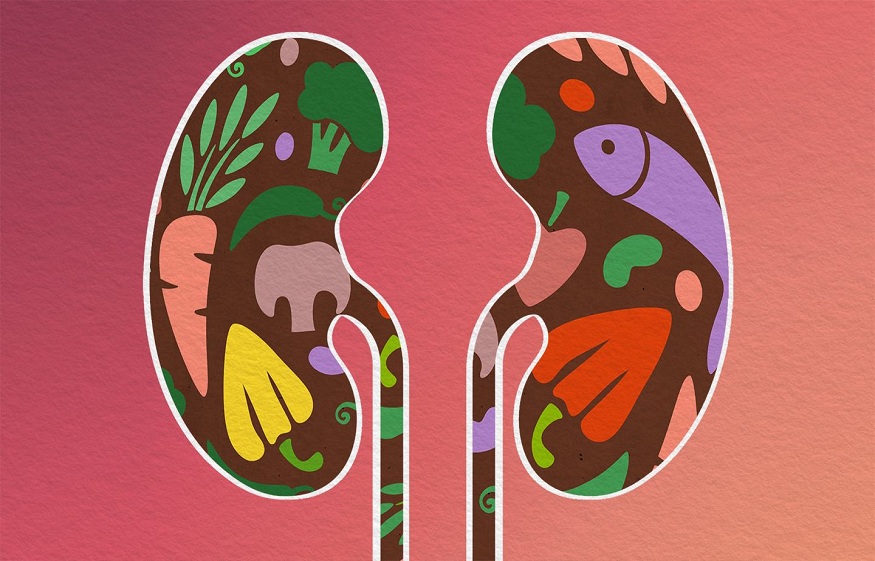According to the CDC, almost 38 million Americans have chronic kidney disease. That condition causes more American deaths than prostate or breast cancer. Adopting a healthy kidney diet Memorial Hermann Cypress can help you prevent or reduce the likelihood of kidney failure. A severely damaged kidney loses the normal ability to purify your blood.
When your body cannot remove toxins from your bloodstream, you become susceptible to bone disease, high blood pressure, and heart disease.
The right diet will give your kidneys the nutrients they need to function normally and safeguard themselves against diseases. Remember that certain medical conditions like high blood pressure and glucose are the primary causes of kidney disease. Leaving diabetes or hypertension untreated can damage the blood vessels of the kidneys, leading to a chronic condition.
As a result, a diet that is friendly to your kidneys can help keep blood pressure and glucose within healthy levels. A healthy diet can also help you avoid being obese or overweight.
Below are diet tips to ensure you eat right to prevent or manage chronic kidney disease.
1. Avoid the intake of excessively salted foods
Common sources of excessive salt are packaged, canned, frozen, or processed foods. Ready-to-eat foods such as soups, dessert mixes, and even bread from a local grocery store, an eatery, or a supermarket can all contain unhealthy salt concentrations.
Too much sugar in your body can affect the balance of sodium-potassium. As a result, removing dangerous fluids from the kidneys becomes difficult, leading to their accumulation in the kidneys. That will cause increased blood pressure, affecting the health of the kidneys.
Prepare your food using herbs and spices and thus avoid salt intake. Moreover, avoid keeping the salt shaker near you during eating time. Also, only shop for salt-free or low-salt foods and rinse canned foods before eating them.
Always prepare food at home instead of buying. You can control the salt you use when cooking your food at home.
2. Limit intake of certain proteins
Generally, your body requires a healthy supply of proteins for repairing damaged tissues, creating muscles, and fighting off infections.
However, eating lots of proteins will make your kidneys overwork, increasing their risk of becoming damaged and diseased. Excess levels of proteins can accumulate toxic fluids in the blood, making it harder for kidneys to detoxify and eliminate them.
Your doctor can determine the right quantity of proteins to eat and recommend healthy sources of proteins. Healthier proteins can come from eggs, nuts, fish, milk, beans, grains, and lentils.
3. Limit the consumption of alcohol
If you regularly drink alcohol, resulting in damaged kidneys, you will have various symptoms. These can include swelling of the legs, pain in the location of your kidneys, appetite loss, and unusual urine color.
Alcohol affects the ability of your kidneys to regulate the volume of essential electrolytes and fluid in your body. Alcohol in the bloodstream can also disrupt hormonal balance control mechanisms and hence affect the function of the kidneys.
Contact Kidney Specialists Center today to schedule an appointment and learn about the right diet for optimal kidney health.



